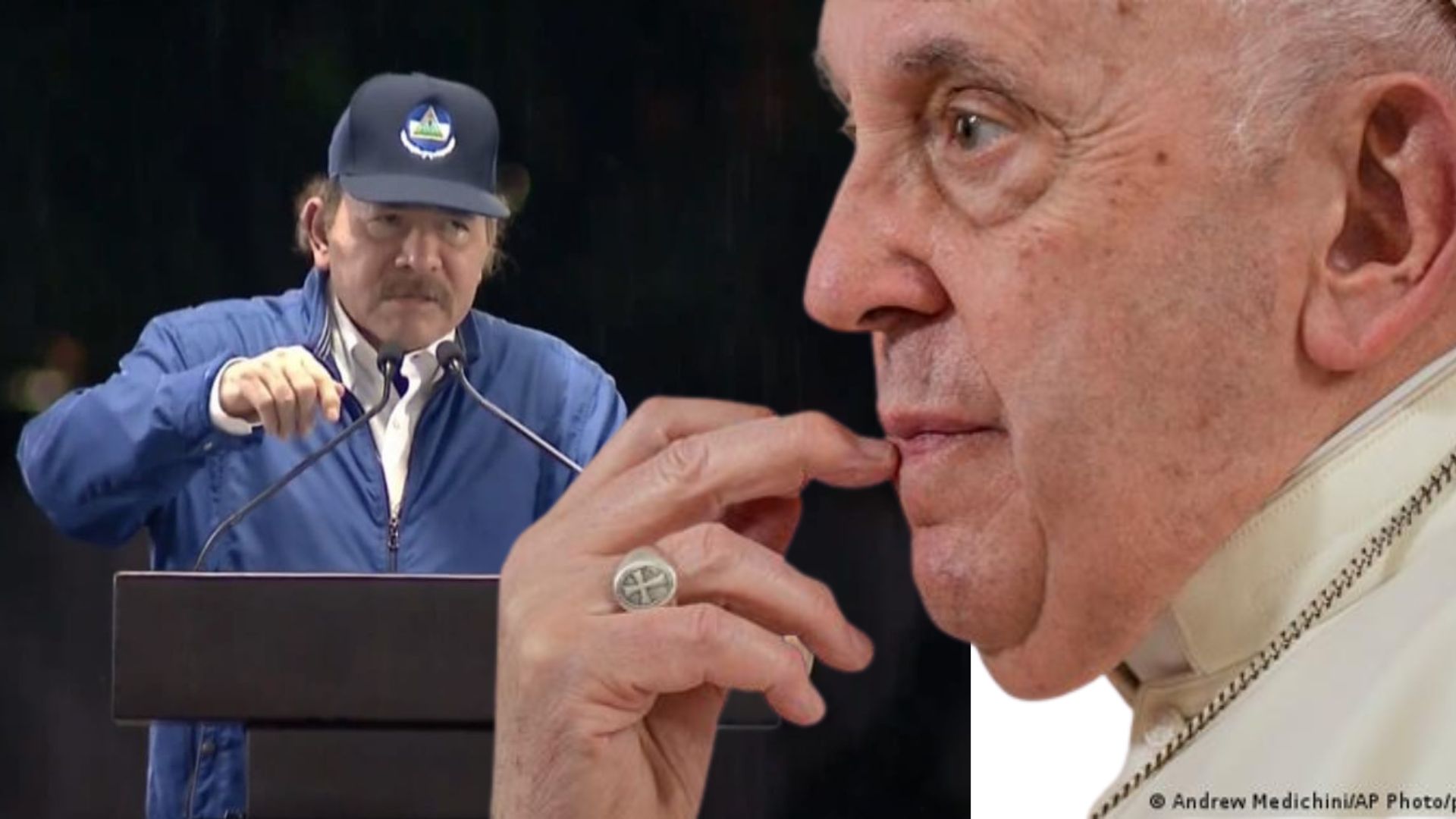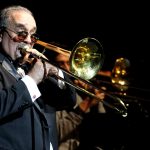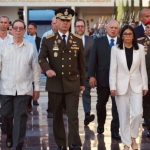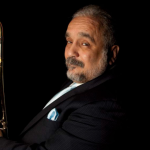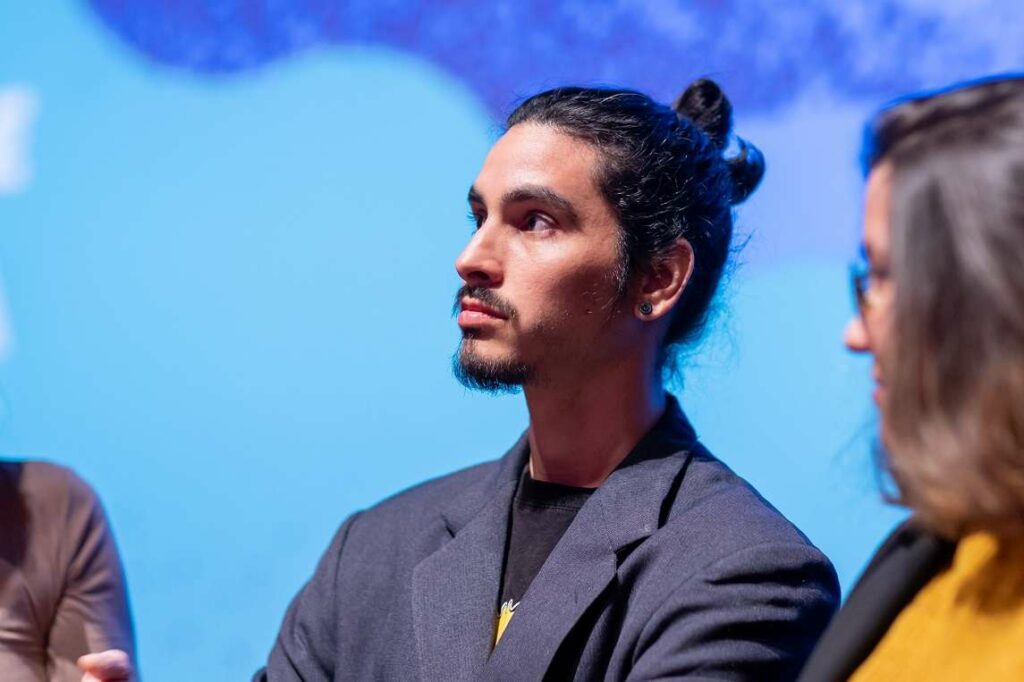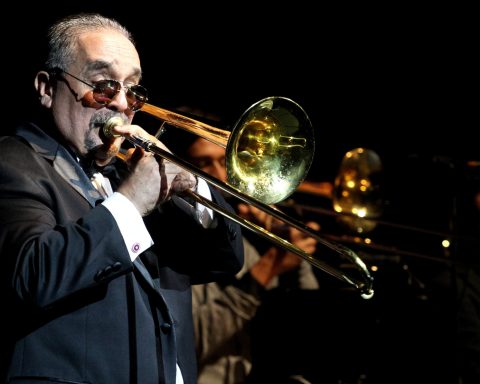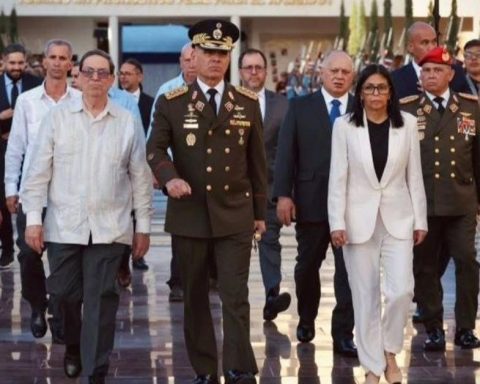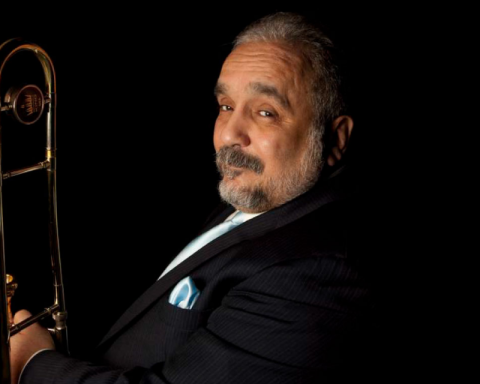For a long time, and in various interviews with national and foreign media, I said that the alleged “silence” that some sectors of the opposition to the regime of Daniel Ortega and Rosario Murillo attributed to Pope Francis was nothing more than a prudent silence in the face of a possible —and always difficult— dialogue with the Ortega regime that sought, among other things, to end religious persecution in crescendo against the Catholics of Nicaragua.
This earned me criticism from various sectors, including that of some tweeter member of a social democratic media outlet that consistently asked me insistently on said social network to I told him Pope Francis what to do or say about the situation in our country.
Related news: Pope Francis sees an “imbalance” in Daniel Ortega
When the attack on religious freedom intensified with the imprisonment of Monsignor Rolando Álvarez and several priests, prominent people in politics and the press on social networks began a series of quite unfortunate and even rude criticisms against the Pope, accusing him of neglecting functions up sympathetic to the left. All of them, theories of kindergarten minds.
Those of us who know the Church from within, and follow it from specialized socio-religious journalism, knew that sooner or later there would be a stronger reaction from the Pope and the Holy See if the channels of dialogue ended up being dynamited by the immobility of the Ortegas -Murillo.
Particularly, in Article 66, we covered Rodrigo Guerra, an official of the Holy See and secretary of the Pontifical Commission for Latin America; that he explained in various Catholic media outlets the efforts that the Vatican was making to lessen the harassment against Catholics in Nicaragua.
We were the only Nicaraguan media that collected these impressions. Through our Colombian journalist colleague Miguel Estupiñán, we sent Guerra a question regarding the situation in Nicaragua, within the framework of the extraordinary assembly of the Conference of the Latin American Episcopate (CELAM).
Related news: Monsignor Báez congratulates Pope Francis for his 10 years at the helm of the Catholic Church
The Vatican official’s response was quite eloquent. He spoke that the Ortega regime in Nicaragua had fallen into neopopulism and into the “old authoritarian temptation that suppresses freedoms, that does not respect the diversity of opinions and that ends up hurting, among other sectors, the Catholic Church that seeks to be able to live and believe with freedom”.
Subsequently, the same authority of the Holy See, in the face of criticism from the opposition on Twitter, replied through the Spanish Catholic television station THIRTEEN that the effective diplomacy of the Holy See did not work “at the speed” of the social network of the little blue bird, while reiterating that the Pope was concerned because “the people are suffering.”
Guerra explained the three steps that Vatican diplomacy always follows in highly conflictive situations such as the one Nicaragua is experiencing: The absence or presence of public statements, as appropriate. The dimension of the diplomatic relationship between Vatican City and the State where the events take place and the solidarity with the local Church on the part of the rest of the ecclesial community.
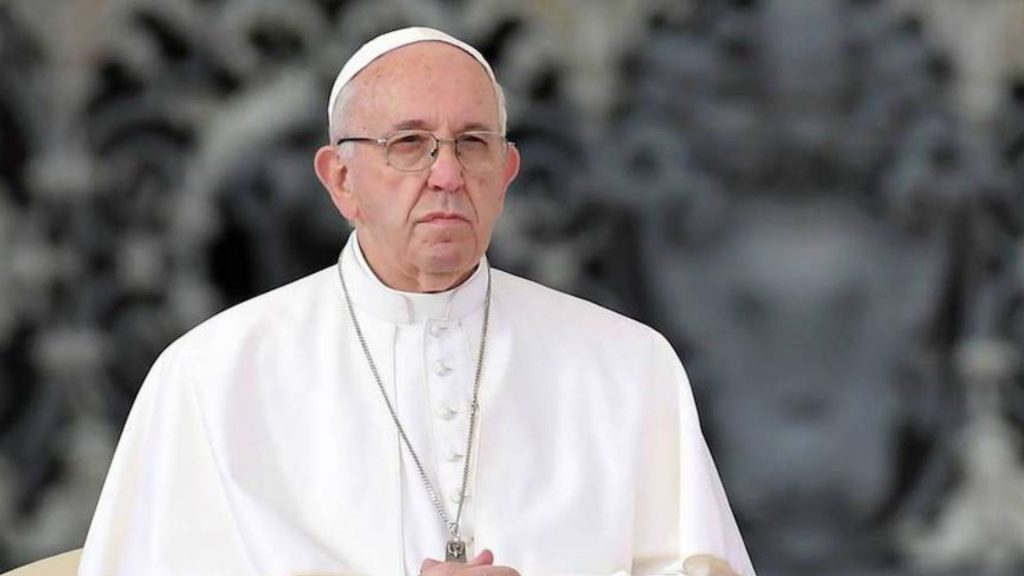
None of these explanations by the Vatican official were met by a large part of the opposition and the rest of the press, who constantly spoke of the “silence” of the pope on the Nicaraguan issue.
Recently, Pope Francis spoke about Nicaragua. The forceful statements of the highest leader of the Christian world, expressed in the framework of an interview with a digital media outlet from his native country, clearly express the extent to which there is boredom in the Apostolic Palace in Rome with an increasingly closed-in Ortegaism. himself, who is willing to do anything to continue clinging to power regardless of the isolation with all those international actors who have offered to get him out of the mire of authoritarianism.
Related news: Cardinal Brenes trusts in dialogue despite Pope Francis’ criticism of Ortega
The expressions of the Pontiff were immediately applauded by the opposition, while the Christians received them as the maximum sign of a pastor concerned for his people, and have demonstrated the growing annoyance of Rome in the face of the clearly anticlerical and anti-Christian discourse never seen in Nicaragua , at least, since the liberal dictatorship of José Santos Zelaya, at the beginning of the 20th century.
Following the words of the Pope, Ortega opted to follow the strategy of fleeing forward. He suspended diplomatic relations between Managua and the Apostolic Palace, further reducing the margin of the Holy See to try to safeguard the life of the imprisoned Monsignor Álvarez.
Meanwhile, the regime’s propagandists -like true ink hitmen- have distilled the visceral discursive hatred of the presidential couple against the figure of Pope Francis, his teaching profession and against the Holy See. All this, in the most ordinary way possible.
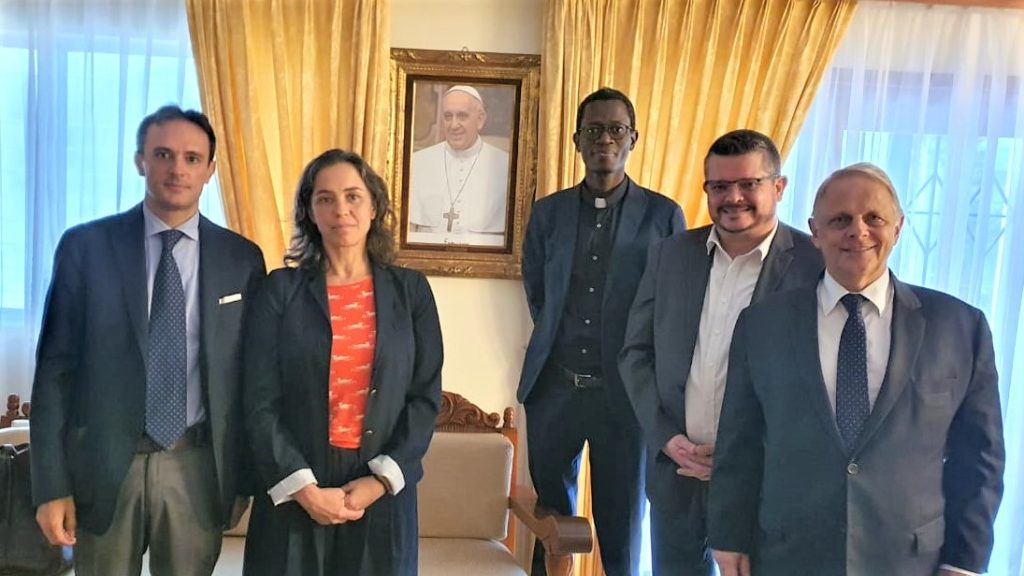
The most pathetic example of this is the opinion article of the unbalanced director of the Ortega station The First, whose intellectual level is, to say the least, highly questionable.
Today, neither the opposition nor the press doubt the positions of the Pontiff regarding the Nicaraguan problem. It is known that after the suspension of relations between the Vatican and the Ortega-Murillo regime, religious persecution against the Nicaraguan Church will increase.
Related news: Pope Francis shows his pain for Monsignor Álvarez’s imprisonment and urges Ortega to open up to dialogue
«The Holy See is not leaving. They kick her out», Francis told Spain’s ABC newspaper at the end of 2022, referring to the expulsion of former papal nuncio Waldemar Stanislaw Sommertag. Ortegaism has shown the Holy See the exit door from the country, after the Pope’s words about Nicaragua.
Today, when there are no doubts —which Nicaraguan Catholics never existed— on the part of the opposition and the opposition press about the position of the Pontiff, my question is: Will all those who are on the sidewalk opposing the Ortega-Murillo who criticized Francis in a sustained and furious manner without having the slightest knowledge of the functioning of the Church and of the diplomacy of the Holy See?
I hope so. It is never too late to rectify.
